
Maryvelma Smith O’Neil is the Founder and Director of ARCH Jerusalem. She received her M.A. from Tulane University and her D. Phil from Oxford University in the history of art. She has taught, researched, lectured and published on the intercultural history of art, cultural politics, arts of the Islamic world, and digital tools for cultural heritage preservation. During her research in Jerusalem as a PARC/NEH Fellow (2018-2019), she developed The Mughrabi Quarter Digital Archive. The Virtual Illés Initiative, which has already produced an interactive website in its first phase, will soon bring Jerusalem to the world via an immersive, interactive installation. The project has been presented at conferences in Bethlehem, Geneva, and Jerusalem.
Maryvelma is the author of several books and numerous articles. Her most recent publications are as follows:
Fajer Abdulrahman Mohamed Al Jasmi has an M.A. in Human Rights from University College London and a B.A in International Relations from Webster University, Geneva.
Fajer has attained certificates and qualifications from the UN, UNHCR and the International Centre for Parliamentary Studies.
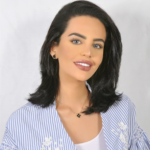
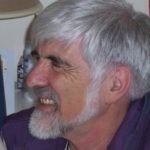
Seamus Cashman taught in Tanzania and in Ireland before joining Irish University Press as editor. He founded Wolfhound Press, a leading literary and cultural publishing house, he remained publisher there until 2001.His poetry collection That Morning will Come: new and selected poems (2007) evokes to issues of justice and memory in Palestine.
Seamus also works as an independent editorial adviser and creative writing facilitator. He was appointed their first International Fellow by The Black Earth Institute; the US based writers and scholars think-tank. He is a former chairman of Children’s Books Ireland. He lives in Malahide, County Dublin, Ireland. Seamus Cashman was a member of the jury and contributing poet at the Mamilla International Poetry Festival. He compiled and edited Poems For Mamilla.
Debjani Chatterjee was educated in India, Japan, Bangladesh, Hong Kong, Egypt, and England. She received M.A. degrees from the University of Kent and Leeds Beckett University, and a PhD from Lancaster University. A poet, translator, and children’s writer, she has published over 75 books.
In 2008, Debjani received an MBE for services to literature and was selected in 2012 as an Olympic Torchbearer in the Arts and Culture category. She was a member of the jury and contributing poet at the Mamilla International Poetry Festival.
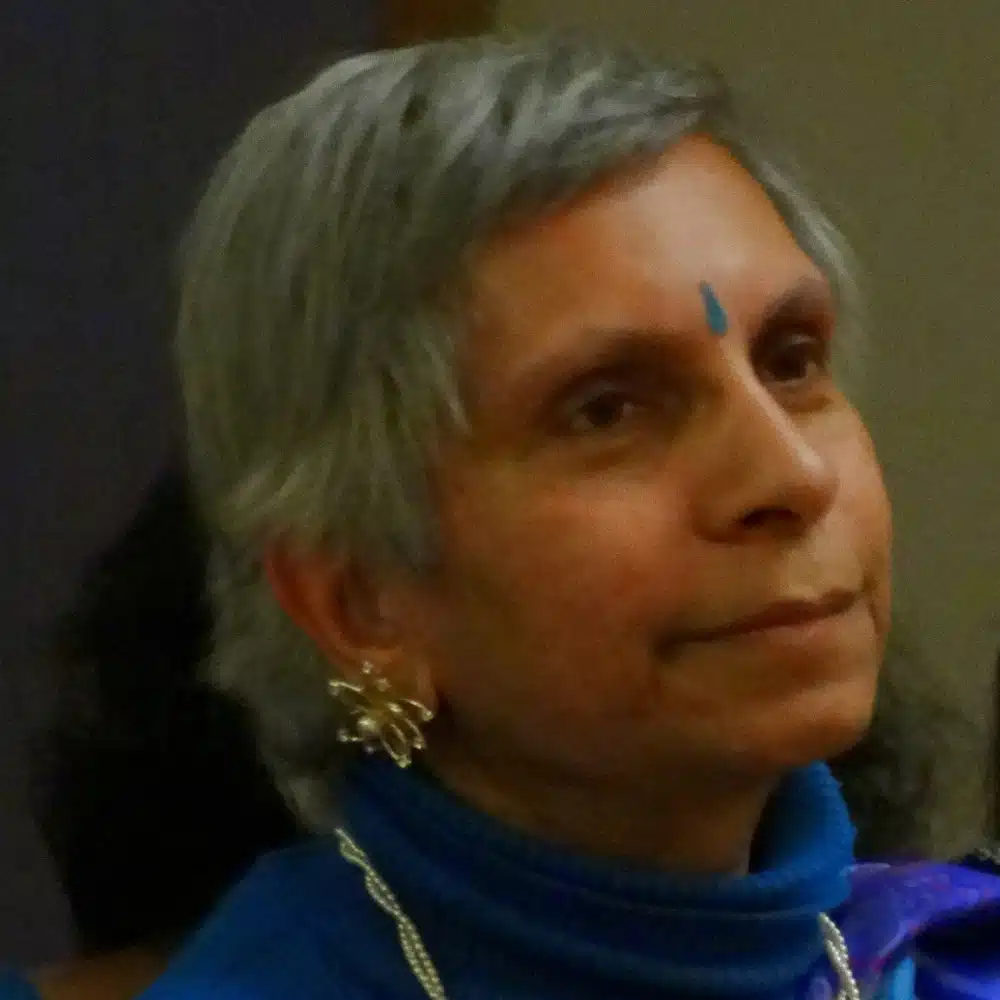
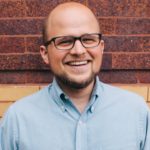
Chandler Collins holds M.A. degrees in Near Eastern archaeology, Old Testament, and Semitic languages from Trinity Evangelical Divinity School. He has lived in Jerusalem for five years and teaches historical geography courses on site throughout Israel, the Occupied Palestinian Territory, and Jordan. He has participated in excavations at Khirbet Qeiyafa and Abel Beth Ma’acah.
Chandler currently serves as the Administrative Dean at Jerusalem University College on Mount Zion. His research interests include historic Jerusalem with a focus on the Bronze and Iron Ages, as well as the 19th century Ottoman city.
Jean-Robert Gisler is a Classical Archaeologist. He was also an Expert at the Swiss Federal Department of Justice and Police, Federal Office of Police (fedpol) in Berne, responsible for Stolen Cultural Property. He was a Member of the Interpol Expert Group in charge of Stolen Cultural Property. He teaches Classical Archaeology at the University of Berne.
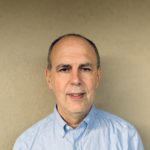

Marc-André Haldimann studied Gallo-Roman archaeology at the University of Geneva and obtained his doctorate at the University of Lausanne. He is currently expert for the Federal Office for Culture (Bern), Associate Professor (University of Geneva) and is responsible for publication of Gallo-Roman ceramics excavated at Saint-Gervais (Geneva) and the Gamsen excavations (Valais).
Marc-André led field excavations on behalf of the Archeological Services of Geneva, Vaud, Fribourg and Valais, as well as the Fondation Max van Berchem excavation in Umm-el-Walid, Jordan. During his tenure as Chief Curator of the Archaeological Department of the Museum of Art and History of Geneva, he curated the exhibition “Gaza—at the Crossroads of Civilizations” (2007).
Anthony Löwstedt studied philosophy and history of ideas in Gothenburg and Vienna, and received his Ph.D. in philosophy at the University of Vienna. He is currently a research professor at Webster University Vienna at the Media Communications Department.
Along with journalistic work, including interviews with Ilan Pappe, Shlomo Sand and Desmond Tutu, Anthony has published academic work extensively. Anthony has worked for the International Press Institute, and as a media consultant for the UNDP in the Occupied Palestinian Territories, where he also taught at Bir Zeit University.
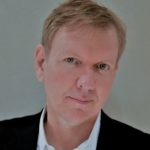
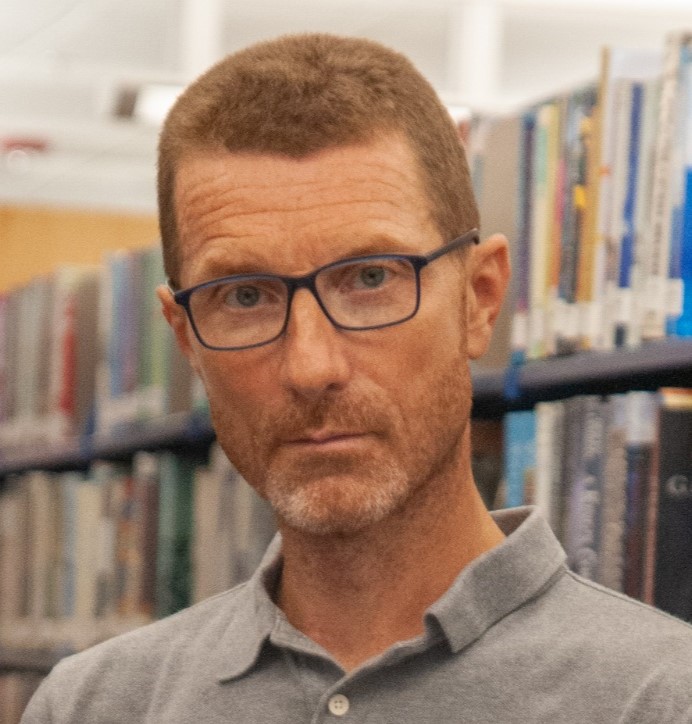
Roberto Mazza is currently a Visiting Scholar at the Buffett Institute for Global Affairs, Northwestern University: He has previously been a visiting professor at Northwestern and a Lecturer at the University of Limerick. Dr. Mazza has authored two books focusing on Jerusalem during the First World War period: Jerusalem: From the Ottomans to the British (2009) and Jerusalem in World War I: The Palestine Diary of a European Diplomat (2011). His scholarly output also encompasses numerous articles and book chapters exploring themes of urban history and the history of violence in the region.
Roberto is Executive Editor of the Jerusalem Quarterly. He hosts the popular “Jerusalem Unplugged” podcast, which explores various aspects of Jerusalem’s rich history and contemporary issues and is a regular host for the New Books Network. He is a board member of “Filistin Araştırmaları Dergisi Yayın Kurulu [Bulletin of Palestine Studies].”
Kateri O’Neil is creative consultant for ARCH. She received her B.A. from Tufts University in Media & Communications and her M.A. from Sabancı University in Visual Art & Communication Design. As Creative Director of The Mughrabi Quarter Digital Archive, she helped develop the project to digitally reconstruct the neighborhood that was destroyed by Israel in June 1967. She continues to work on the development of The Virtual Illés Initiative through grant-writing and creative ideation.
Kateri works as a video, script and copy editor for a range of cultural institutions in Europe and the Middle East.

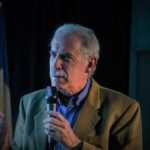
Michael D. O’Neil received his B.A. in Marketing from Louisiana State University in New Orleans and his MBA from the University of New Orleans. Mr. O’Neil’s career covered a wide range of organizational types including multinational corporations (e.g., IBM, Intel), United Nations organizations and NGOs. He worked and lived in many countries including the USA, Belgium, Nigeria, United Kingdom, Italy, Switzerland, France and Thailand.
Michael’s areas of competence include Information Technology (building and implementing large business systems), Management and Project Management, Administration, Communications and Finance. Michael is an adjunct professor at Webster University in Geneva. He is a consultant in communications, strategic planning and systems design.
Francis Piccand received his Ph. D. from the Graduate Institute of International Studies of Geneva Prior to assuming responsibility for the Think-Tank Middle East and North Africa at the Swiss Ministry of Foreign Affairs, he served as a delegate for the International Committee of the Red Cross (ICRC) and as a freelance journalist for the Middle East. He has taught International Relations at Webster University (Geneva) and at the Geneva School of Diplomacy. He is a member of the following: Swiss / Swiss-based organizations and their respective activities in Israel/Palestine (Swisspeace), Chairman of the CRES Foundation (Centre de Recherches Entreprises et Sociétés), member of the Scientific Counsel at the “Geneva School of Governance”, and member of the Swiss executive Committee “l’Oeuvre d’Orient.”

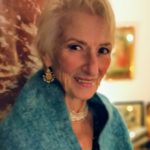
Ayda Sakbani was raised in Turkey and educated at the American College for Girls/Robert College. She received her B.A. from Barnard College in NYC , M. A. and Ph.D. from NYU. She was a tenured Associate Professor at the City University of New York.
Ayda was employed at UNHCR (1985-93). She then taught at Webster University in Geneva and served as Academic Director (1993-2010). In this capacity she organized student curricula and faculty development within the context of a highly international environment. She was awarded a M.A. in psychology from Webster in 2011 with a specialization in cross-cultural communication. Ayda is active in Geneva in cultural heritage management.
René Schegg (Director of the ARCH Scholars’ Support Project) is Head of Programme Development at the University of St. Gallen. He has an M.A. in Educational Sciences from LMU University Munich and and a Master’s In Public Administrations (MPA) from the Université de Lausanne. He led the University of Basel’s accreditation with the British Staff and Educational Development Association (SEDA).
René is committed to contribute in bridging academia with civil society and has extensive experience in serving for international NGOs (e.g. The International Federation of Social Workers). He is currently involved in facilitating cooperation between ARCH and other NGOs and civil society.
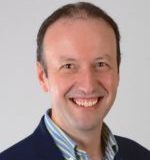
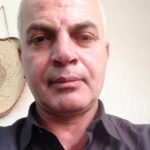
Magid Shihade is an independent and an interdisciplinary scholar. His research is focused on modernity, race, violence, mobility, settler colonial studies, Indigenous Studies, the politics and anthropology of knowledge, and decolonial thought. His research on the social, cultural, political, and economic history of Palestine is informed by these frameworks and the work of Ibn Khaldun. Among his publications, Not just a Soccer Game: Colonialism and Conflict among Palestinians in Israel was published in 2011 by Syracuse University Press. Among his recent articles: “Decolonization despite the State: On Not Reading Ibn Khaldun in Palestine,” Indigeneity, Education & Society, Vol. 6, No. 1, 2017, pp. 79-93. More about his work can be accessed at: https://independentscholar.
Hans Ucko received his Ph.D. in theology at the Senate of Serampore College, Calcutta, India. He is an ordained minister of the Church of Sweden and has been involved in Jewish-Christian and inter-religious dialogue throughout his career. He has engaged in research at the “Institut Eglise et Monde Juif” in Paris as well as at the Swedish Theological Institute and the David Hartman Institute, in Jerusalem.
Hans served as Programme Executive for the Office of Inter-religious Relations and Dialogue of the World Council of Churches in Geneva, Switzerland. He published numerous articles on Jewish-Christian and inter-religious dialogue and has spoken at many conferences on Muslim-Christian relations and religious pluralism in the contemporary world. Hans is actively engaged in various international projects on interfaith dialogue and protection of cultural resources.
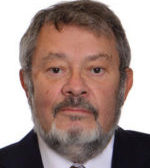
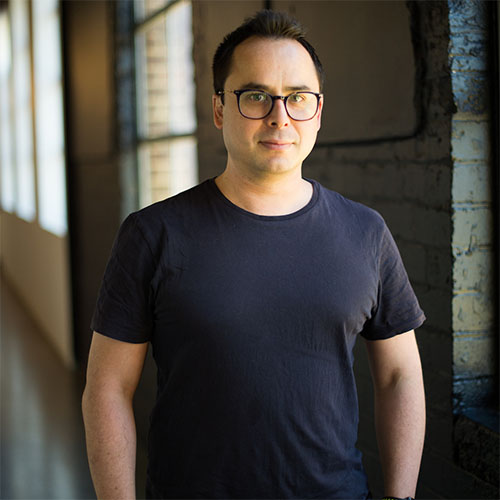
Andrew Yip is a researcher, art historian, immersive environment designer, and 3D artist working in experimental new media. He has a first class honors degree and PhD in Art History from the University of Sydney, and has been a visiting researcher at Bosphorus University, Istanbul. He is a lecturer in Immersive Design at the University of New South Wales. He is engaged in developing applications for immersive visualization and experimental digital technologies to the preservation and interpretation of important cultural heritage sites, collections and museums
Andrew has contributed many creative works, book chapters, as well as conference papers and has developed expertise in historical artefact reconstruction. With Maryvelma O’Neil, he co-authored “The Virtual Illés Initiative: Designing Information Architectures” to be published by Routledge in Mobile Heritage: Practices, Interventions, Politics. He is Immersive Director of The Virtual Illés Initiative.
© 2024. All Rights Reserved